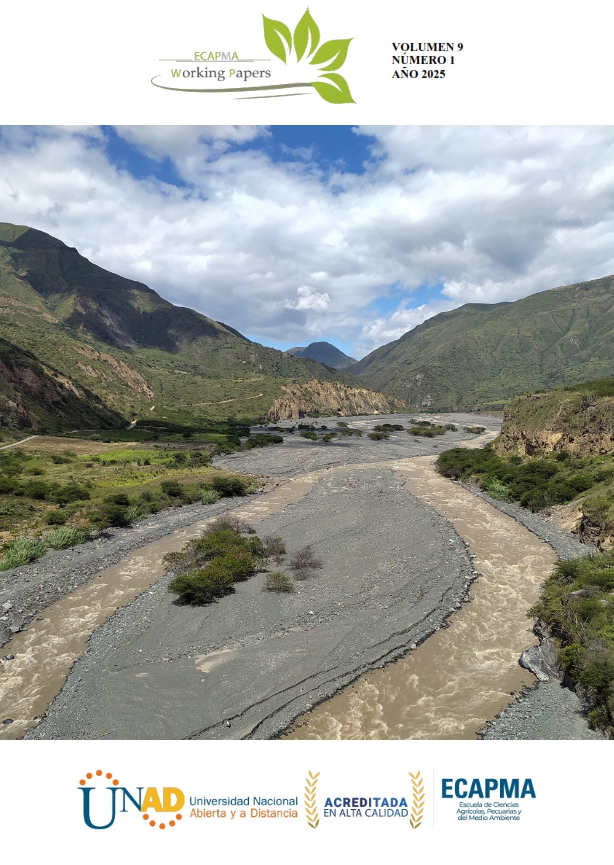Copyright (c) 2025 Working Papers ECAPMA

This work is licensed under a Creative Commons Attribution-NonCommercial-ShareAlike 4.0 International License.
Water sustainability: the intersection of conservation and social transformation
Contextualization: Water sustainability has become a crucial issue in the context of climate change and population growth. In rural areas, water management is not only an environmental challenge but also a social one. The interaction between the conservation of water resources and social transformation is vital to ensure equitable and sustainable access to water, which is essential for the health and well-being of communities (WWAP, 2018).
Knowledge Gap: The lack of awareness and education about sustainable practices, the impact of climate change that alters water availability, combined with the contamination of water sources from industrial, domestic, and agricultural waste, inadequate infrastructure for water collection and distribution, social inequalities that limit equitable access, lack of monitoring on the status of water resources, and cultural resistance to changing traditional practices, highlights the need to investigate more thoroughly the connection between the conservation of water resources and social change processes in order to contribute to effective and equitable policies and practices for the conservation of this precious resource.
Purpose: This study aims to analyze the interrelationship between water conservation and the social transformation of the community, seeking to identify strategies that promote sustainable use of water resources. It intends to understand how conservation initiatives can empower local communities and foster their participation in water management, thereby contributing to sustainable development and the well-being of the population.
Methodology: Semi-structured interviews are conducted with community leaders and key stakeholders in water management and conservation, providing insight into current practices in water resource management, existing conservation practices, and the needs of the community. This approach fosters discussion and collective analysis.
Results and Conclusions: The study results indicate that integrating water conservation with social transformation initiatives can generate significant benefits, such as empowering communities and improving the management of water resources. It is concluded that adopting a multidimensional approach that considers both environmental and social aspects is essential for achieving effective water sustainability in the region.





